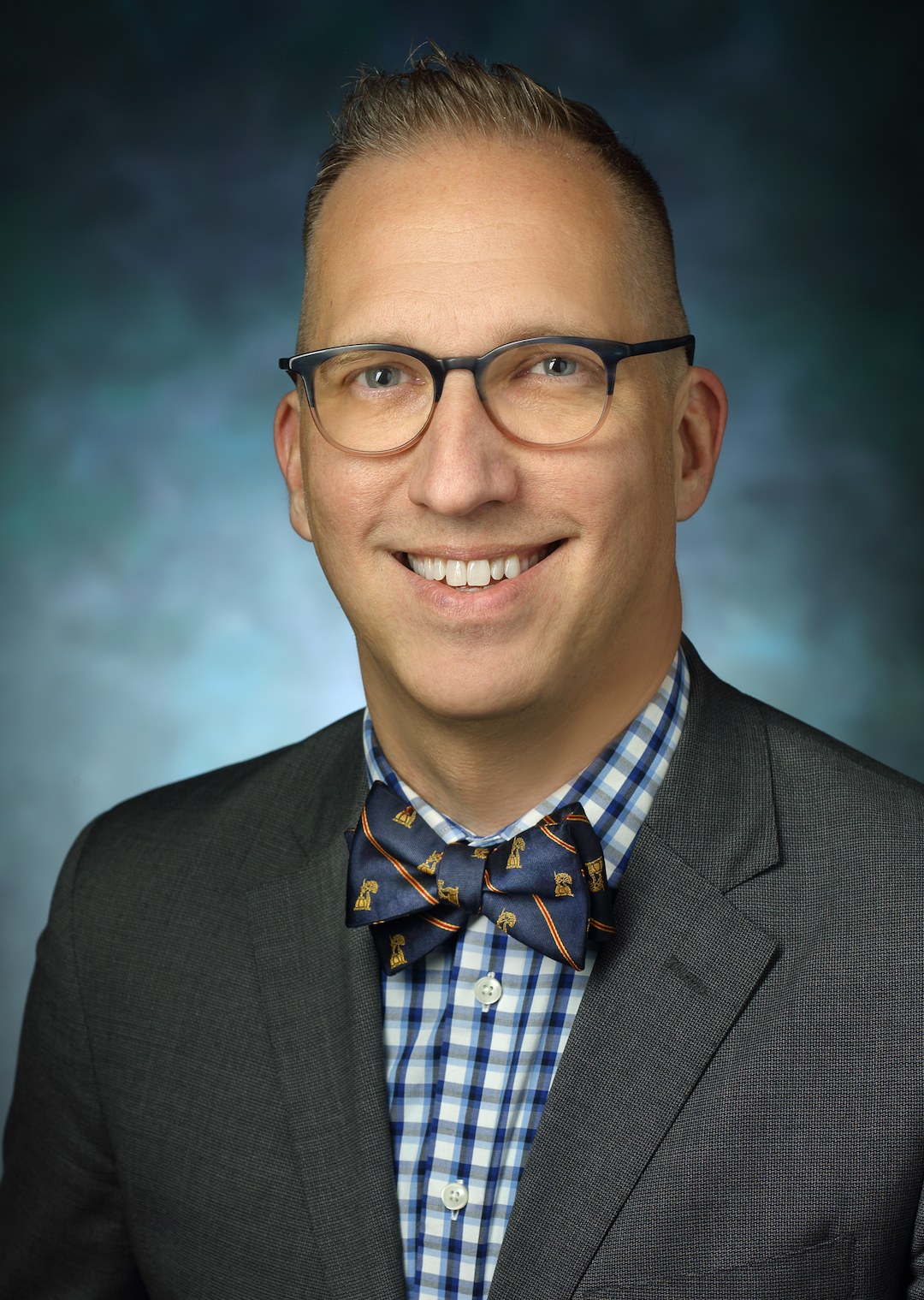Richard L. Skolasky, ScD
Johns Hopkins University
I first became interested in research when accepting my first position as a Research Assistant/Data Manager in 1993. Realizing that I wanted to take a more active role in drafting research questions, designing studies, and interpreting data, I returned to the classroom for my doctoral degree in health services research with a focus on outcomes research.
While I have belonged to several professional societies, I have been an active member of ISOQOL since 2015 when I attend the 22nd Annual Conference in Vancouver, British Columbia in Canada.

As a health services researcher working in a clinical department and focusing on improving the quality of life for patients living with musculoskeletal (MSK) conditions, there were many things that I found fascinating during the meeting. In addition to great science, the collegiality expressed during the sessions solidified my desires to become more engaged in the society. My desire was deepened further when, attending the social where I knew few people, I was pulled on to the dancefloor to sweat the night away!
From there, I made sure to look for every opportunity to serve ISOQOL and its mission as a global community of researchers, clinicians, healthcare professionals, industry professionals, consultants, and patient research partners to advance health related quality of life (HRQL). There were many opportunities of which I could avail myself. I served as a reviewer for the journal Quality of Life Research (QLR) and for the abstract submissions to the Annual Conference. From there, through hard work (and many reviews), I applied to serve as an Associate Editor on the Editorial Board of QLR. The six years that I spent in this position deepened my understanding of the methods and the impact that HRQL research can have. Through a twist of fate, I had the great fortune to contribute for two years as the co-Editor-in-Chief with Jan Boehnke. Working with Jan and looking ‘behind the curtain’ at academic publishing has renewed my belief in the importance of ensuring the high-quality of our published works and of finding new and approachable ways to share our science!
Early in my career, I was given two pearls of wisdom. The first was ‘never let perfect be the enemy of good’. While I have strived to be close to perfection in my research, I realize that this is an illusive goal. As a health services researcher, I must understand the complexities of the health care environment, the diseases and treatments, and the lives and experiences of the patients and healthcare professionals. To seek perfection could be paralyzing, so I strive for my work to be as good as it can be given the constraints of reality (those mainly being the available time, funding, and energy)! The second was ‘no good deed goes unrewarded’. This second has served me well, not only at my home institution, but at ISOQOL. People recognize those who are dedicated, hardworking, and driving toward the society’s goals.
I was fortunate to be given the opportunity to serve ISOQOL in several capacities. I served with Benjamin Craig as the co-chair of the Health Preference Special Interest Group (SIG) and with my mentor and friend Carolyn Schwartz as the co-chair of the Response Shift SIG. These opportunities, in addition to being able to hone my leadership and organizational skills, gave me an opportunity to meet other members from fields far from MSK and a deeper understanding of the complexities of putting our research into practice. Leading, and handing over those responsibilities, with Zoe Winters, Manraj Kaur, Amy Cizik, Gudrun Rohde, and I-Chan Huang. These experiences led me to serve as co-chair on the Membership Committee with Canhua Xiao. Understanding the society from the membership lens helped me realize the contributions that I could have serving in a larger leadership role. This led me to apply to serve as a director on the Board of Directors (BOD).
My tenure on the BOD coincided with the global COVID-19 pandemic and ensuing restrictions on travel and congregating in large groups. This had an immediate impact on the society through the conversion of the in-person Annual Conference to a virtual event. Navigating these challenging times with a seat on the BOD and coupled with transitioning my own research away from in-person activities, provided an opportunity to see my fellow members and our ISOQOL leadership, including former President Joanne Greenhalgh and Executive Director Samantha Walker, demonstrate incredible forethought to weather the storm and to emerge as a stronger society. Being able to return to the in-person Annual Conference in Prague was the result of long conversations, careful consideration, and dedicated effort from the ISOQOL leadership and from the amazing ISOQOL staff! And it was amazing to share a meal and raise a glass with those who I had only met through Zoom.
There is much more work to be done in fostering the collegiality of our growing community, ensuring the continued success of our educational content, and strengthening the voice that ISOQOL brings to HRQL research, policy, and practice. The advice that I would give to members is to look for those opportunities to serve while remembering to have fun along the way. Through hard work and the incredible opportunities that I have been afforded (not to mention dancing through the social events), I have come to view ISOQOL as my home. I believe that it can be yours, too!
This newsletter editorial represents the views of the author and does not necessarily reflect the views of ISOQOL.
How to Submit a Newsletter Editorial
Do you have something to share about health related quality of life and patient-centered outcomes? We want to hear from you!
Learn More

The International Society for Quality of Life Research (ISOQOL) is a global community of researchers, clinicians, health care professionals, industry professionals, consultants, and patient research partners advancing health related quality of life research (HRQL).
Together, we are creating a future in which patient perspective is integral to health research, care and policy.
